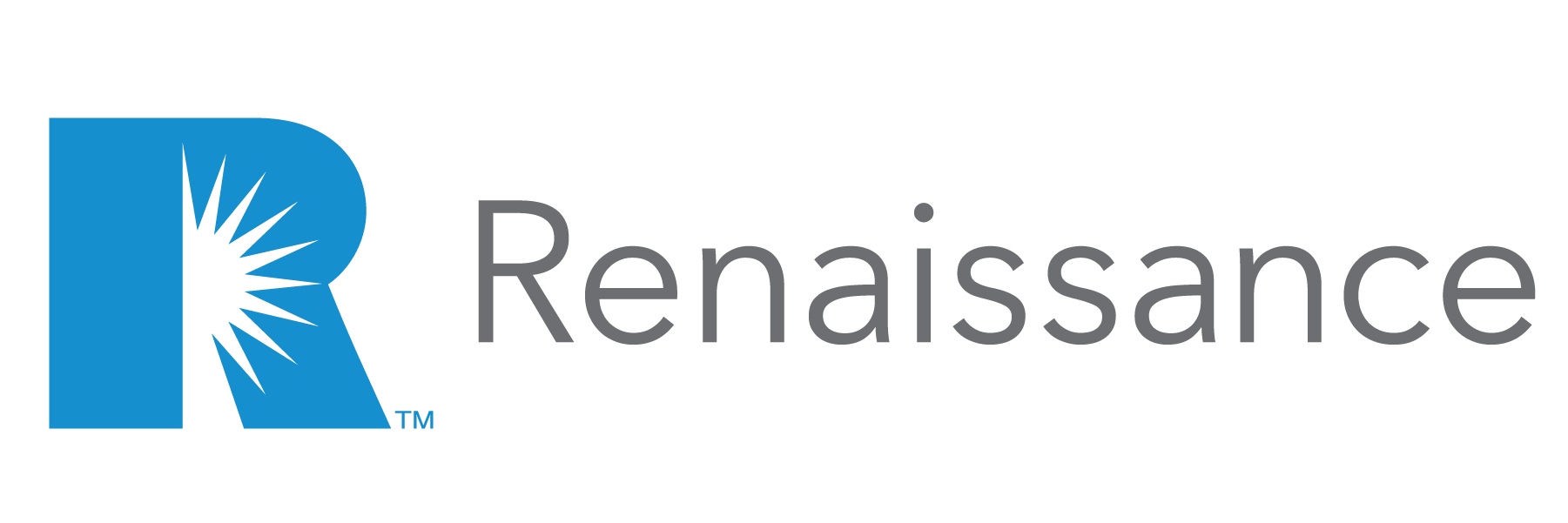A recession may be in the cards – but for agencies, a defensive position is not an option.
By Michael Cormier
The signs of an impending recession are becoming more evident, with consumer confidence falling, the housing market showing signs of a downturn, and the Federal Reserve tightening aggressively. In late June, the Fed raised the federal funds rate by three-quarters of a percentage point, its largest increase since 1994.
According to a recent Reuters poll, economists expect the Federal Reserve to deliver another 75-basis-point interest rate hike in July, followed by another half-percentage-point rise in September – and as the price of borrowing money rises, economic activity is expected to decrease.
I’m not an economist, but with all this considered, my message for our independent agency members is this: Be mindful, but increase your efforts and keep investing in your business.
Know Your Role
Insurance is an incredibly resilient industry. It always has been, and always will be. If you look back 20 years and compare GDP growth to premium growth, the latter outpaces the former in nearly every quarter. The P&C industry’s hardening market certainly won’t abate in the face of tougher economic conditions; rates will continue their ascent.
Ultimately, this is likely good news for both carriers and agents, but it also creates more work for the boots on the ground – and it’s nothing they can’t handle. Independent agents are up to the task.
Agents should anticipate that the inflation families have been weathering will put pressure on insurance renewals. Once they see the inevitable premium increases on their policies, customers may be tempted to assume higher deductibles, reduce their coverage, or shop elsewhere to try and score better rates in order to save money.
This is when your role as a trusted advisor will become paramount. Even if we slip into a recession, your customers must carry adequate cover. They shouldn’t sacrifice coverage for price considerations.
As rates rise, commercial clients will likewise review their insurance needs – and smaller clients will be tempted to sacrifice coverage. Your valued counsel will be needed as commercial accounts seek to stay within budgets.
Download our free e-book here: The Independent Agent’s Playbook for Success – How to Solve Your Agency’s Five Biggest Challenges
What to Expect
If the U.S. were to enter a recession, exposure-driven coverage areas will suffer. For instance, workers’ compensation books could take a hit, if corporate belts tighten and employees are shed. Unfortunately, smaller headcounts will always lead to shrinking workers’ comp premiums.
While we’re still in a hard market, loss ratios in some sectors remain challenged due to inflation. Both personal and commercial auto, for example, have seen their loss ratios impacted due to the ever-rising cost of repairs, the extended duration of repair times due to labor issues and parts sourcing, and a spike in the cost of rental cars. The saving grace in personal auto, at least, is that skyrocketing fuel prices are driving demand down, which means fewer cars will likely take to the road this summer. As we move to the back half of 2022, personal auto loss ratios are expected to benefit as a result.
On the carrier side, most insurers aren’t shifting to defensive mode in the face of a possible recession. Although some carriers are revisiting the commissions they pay to independent agents, those moves are not being driven by economic conditions or concerns over a recession. (While this is an important topic, it would be imprudent to discuss it in the context of what agents should do as a recession looms.)
The aforementioned rate increases are positive development for carriers, whose investments in fixed-income contracts are yielding bigger returns than in years past. Many of them are also currently employing fewer staff than in recent years; they’re serendipitously where they need to be in terms of labor levels, while gaining high levels of investment income at the same time.
Additionally, there’s a sense of optimism among carriers that going into 2023, loss ratios will revert to historical levels as supply chain issues subside and the actions taken by the fed begin to take hold.
The Bigger Picture
All told, the current economic conditions shouldn’t scare savvy independent agents. On balance, you should be able to grow your revenue in 2022-23, even if a recession should occur.
Know this: All of our carrier partners still want to grow. In the states where they’re strategically committed, they’re looking to invest in those areas, not cut back (the well-documented capacity crisis in Florida notwithstanding). Rather, they’re asking how they can grow more with Renaissance’s member agencies in 2023.
If agency principals find themselves wondering if they should still hire that new producer, the answer is yes. Agents should continue to invest in their business and differentiate themselves with expanded expertise. To do anything differently in the face of the current financial picture would be to over-adjust.
Instead, independent agents should continue to sell into what remains a very vibrant insurance economy – and demonstrate the valuable counsel for which they will always be known.
Michael Cormier is Chief Revenue Officer for Renaissance Alliance.
Review our member benefits and find out how joining Renaissance provides you substantial benefits and a trusted partner.



